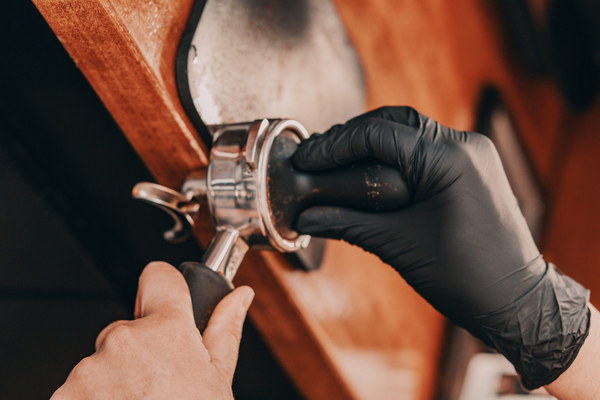Caring for Your Lizards Liver Essential Tips for Pet Lizard Health
Introduction:
Lizards are fascinating pets that require proper care to thrive. One critical aspect of lizard care is maintaining their liver health. The liver is an essential organ that performs numerous functions in a lizard's body, including detoxifying toxins, producing bile, and storing nutrients. Ensuring your lizard has a healthy liver is crucial for its overall well-being. In this article, we will discuss the key factors to consider when caring for your lizard's liver, from diet to habitat and more.
1. Balanced Diet:
A well-balanced diet is the foundation of maintaining your lizard's liver health. Feeding your lizard a varied and appropriate diet can help prevent liver issues. Here are some diet-related tips:
- Offer a mix of fresh, cooked, and freeze-dried insects, as well as fruits and vegetables. This variety ensures your lizard receives essential nutrients.
- Avoid overfeeding, as obesity can lead to liver disease. Monitor your lizard's weight and adjust the portion sizes accordingly.
- Ensure your lizard has access to clean, fresh water at all times to prevent dehydration and support liver function.
2. Proper Habitat:
Creating a suitable habitat for your lizard is crucial for liver health. Consider the following factors:

- Maintain a stable and consistent temperature in your lizard's enclosure, as fluctuations can stress the liver.
- Provide hiding spots and climbing structures to reduce stress, which can have negative effects on liver function.
- Ensure your lizard has adequate UVB lighting to support calcium metabolism and overall health, including liver function.
3. Regular Health Checks:
Monitoring your lizard's health is vital for early detection of liver issues. Here are some tips for regular health checks:
- Observe your lizard's eating, drinking, and defecation habits to identify any changes that may indicate liver problems.
- Check your lizard's skin for signs of jaundice, which is a yellowing of the skin and eyes that can indicate liver disease.
- Regularly examine your lizard's feces for abnormalities, such as changes in color, consistency, or frequency, which may suggest liver issues.
4. Medications and Supplements:
In some cases, your lizard may require medications or supplements to support liver health. Consult with a veterinarian before administering any medications or supplements to your pet. Here are some potential options:
- Antioxidants, such as vitamin E and selenium, can help protect the liver from oxidative stress.
- Milk thistle, a herbal supplement, has been shown to support liver function in some lizards.
- Avoid giving your lizard medications that can be harmful to the liver, such as certain antibiotics.
5. Regular Vet Visits:
Regular visits to a veterinarian who specializes in reptiles are crucial for maintaining your lizard's liver health. The vet can provide guidance on diet, habitat, and other factors that affect liver function. Additionally, your vet can perform diagnostic tests to monitor your lizard's liver health and identify any potential issues early.
Conclusion:
Taking care of your lizard's liver is essential for its overall health and well-being. By providing a balanced diet, a suitable habitat, regular health checks, and appropriate medications or supplements, you can help ensure your lizard lives a long, healthy life. Remember, a healthy liver is a happy lizard!









